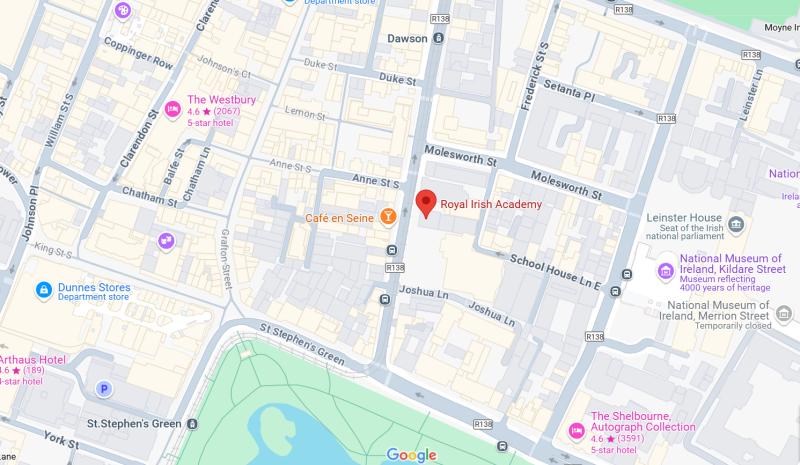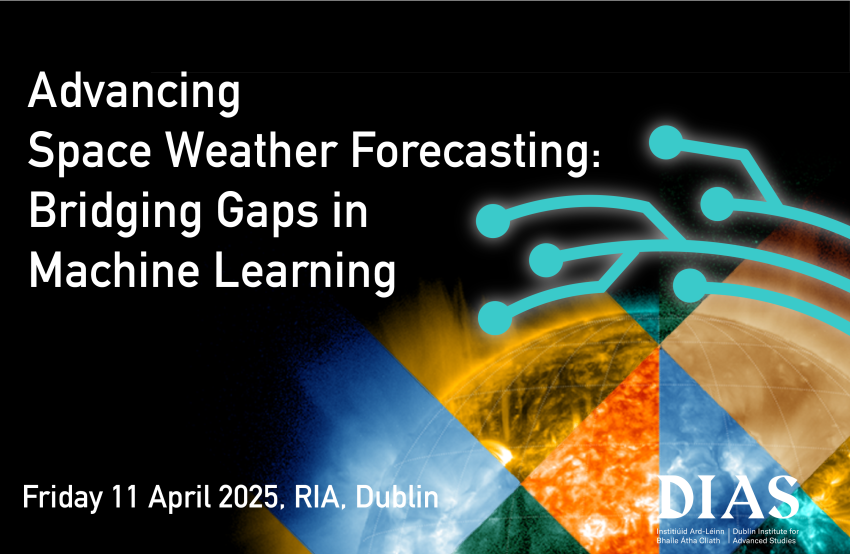Book your Fellow In-Person or Online Ticket
Book your Non-Fellow In-Person or Online Ticket
**In Person ticket sales close at 12noon on 9th April**
Advancing space weather forecasting through data-driven models, including machine learning (ML), presents challenges stemming from diverse datasets, varied metrics, and operational deployment practices. This meeting will focus on establishing and sharing best practices for applied machine learning, focusing on dataset development, model training, validation, reproducibility, and operational deployment.
This meeting is particularly timely, given the increasing solar activity and the heightened risks of
space weather impacts identified in national risk assessments. The initiative aims to bridge gaps between academia and operational stakeholders. By fostering collaboration, the meeting seeks to drive the adoption of robust machine learning models, enhancing space weather forecasting capabilities and resilience.
We encourage contributions on machine learning applications, and especially those that extend beyond presenting individual results, addressing scientific rigour, workflows, and methodologies to ensure reliable, reproducible outcomes. We envisage that discussions will focus on standards, lessons learned, and practical approaches that bridge academic research and real-world operational needs, aligned with the FAIR data principles, (Findable, Accessible, Interoperable, and Reusable).
Key areas of interest include:
- Scientific Data and Workflows: Developing and optimizing datasets to tackle scientific challenges, including improving data quality, handling diverse or incomplete sources, and enabling effective, reusable workflows.
- Model Training and Validation: Best practices for building, validating, and reproducing machine learning models, with an emphasis on methodologies, reproducibility, and solving space weather challenges.
- Deployment and Monitoring: Addressing the challenges of operationalizing machine learning models, such as integrating into forecasting systems, managing model drift, and ensuring performance and reliability in real-world environments.
Organisational Information
Any enquiries about the meeting should also be made to Paul Wright (p.j.wright@exeter.ac.uk) in the first instance.
Organisers:
Dr Paul Wright (DIAS/Exeter), p.j.wright@exeter.ac.uk
Dr Sophie Murray (DIAS)
Dr Shane Maloney (DIAS)
Dr Daniel Gass (DIAS)
Julio Hernandez Camero (UCL MSSL)
Prof. Lucie Green (UCL MSSL)
Location:
Royal Irish Academy, 19 Dawson St, Dublin 2, D02 HH58, Ireland

Book your Fellow In-Person or Online Ticket
Book your Non-Fellow In-Person or Online Ticket
**In Person ticket sales close at 12noon on 9th April**


